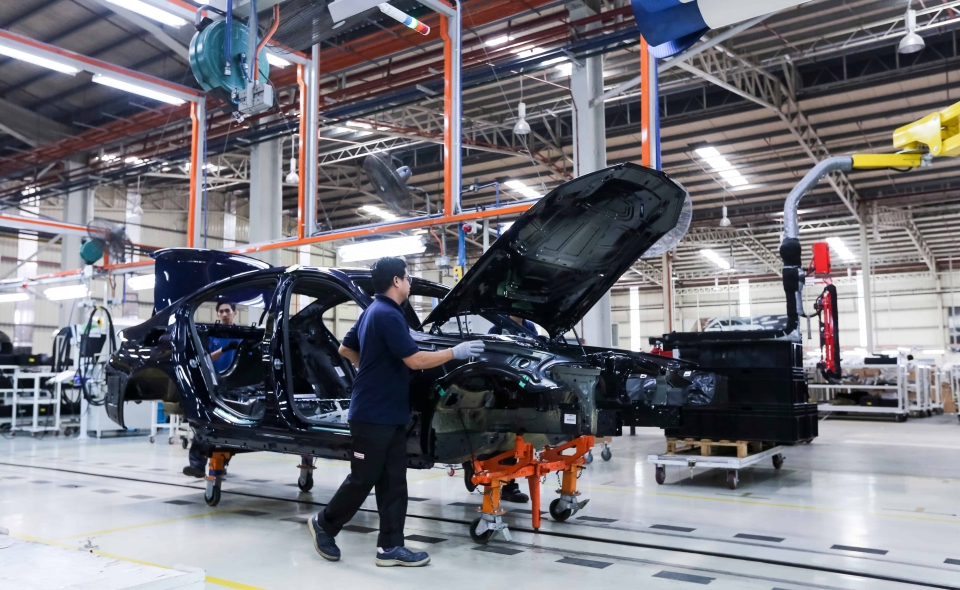Evolving Pathways: Taiwan's Auto Parts Industry Thrives Amid Global Shifts
2023/10/12 | By Andrew Hsu
Relying primarily on exports, the auto parts manufacturing industry in Taiwan experienced a considerable downturn in 2020 due to the global ramifications of the COVID-19 pandemic. However, as lockdowns were gradually lifted worldwide and the international automobile supply chain encountered disruptions, a shortage of new cars ensued. This circumstance not only bolstered the resale of second-hand vehicles but also led to the prolonged utilization of existing ones. Consequently, there has been a substantial upswing in the demand for auto parts and accessories. This shift has proven to be advantageous for Taiwan's auto parts suppliers, positioning them to capitalize on the heightened demand.
Built upon the foundation of the aftermarket (AM), Taiwan's auto parts manufacturing sector is predominantly comprised of small and medium-sized enterprises. It leverages its core strengths: adaptable manufacturing practices, quality products accredited by multiple countries, and competitive pricing on the global stage. Constituting approximately 55% of the export value, this industry has maintained a trajectory of growth in recent years. Its primary exported goods encompass automotive sheet metal, auto lamps, tires, wheel rims, and side-view mirrors.
Among the array of countries it serves, the United States emerges as the pivotal market, contributing to roughly 56% of Taiwan's industry export value. This predominance is underpinned by the fact that over 90% of cars in the U.S. are encompassed by insurance coverage, thereby leading to insurance companies bearing a significant proportion of maintenance expenses. In times past, customers typically gravitated towards original parts for maintenance, with a mere 14% opting for AM components. However, recent times have witnessed a paradigm shift. Insurance companies have initiated policies introducing more cost-effective AM parts which have to be certified by the Certified Automotive Parts Association (CAPA). A watershed moment occurred in December 2022 when State Farm, the largest insurer in the U.S., spearheaded the movement toward employing AM parts for maintenance, indicating the foreseeable and continued growth of Taiwan's auto parts manufacturing industry within the U.S. market.
In a parallel development, the global automotive industry is presently undergoing a profound shift toward the adoption of electric vehicles (EVs). Coinciding with this trend, supply chain collaborators are actively channeling their endeavors into the research and development of components for EVs. This strategic initiative is driven by the goal of reducing the financial burden tied to the repair and replacement of pre-owned vehicle parts, all the while enhancing the efficiency of resource utilization.
Taking advantage of Taiwan's auto parts suppliers' flexible manufacturing capabilities, the global car manufacturing supply chain has turned its attention toward these suppliers. As a result, original equipment manufacturer (OEM) and original equipment supplier (OES) orders are increasingly flowing to Taiwan's auto parts suppliers. This shift presents a significant opportunity for these suppliers to integrate into the global car manufacturing supply chain. Not only provides a chance for Taiwan's auto parts suppliers to align themselves with the industry's transformation this shift also serves as a catalyst for their evolution from aftermarket (AM) to OEM, facilitating overall industry upgrading.




